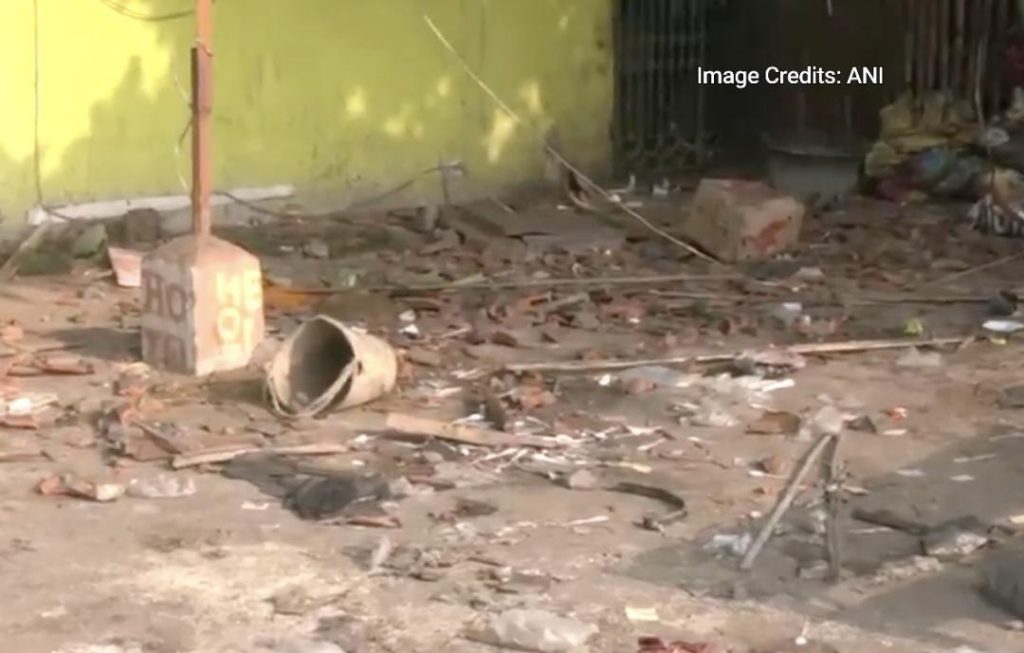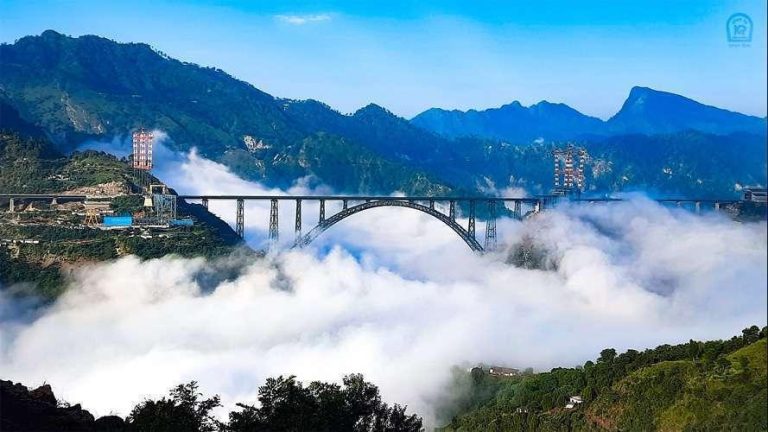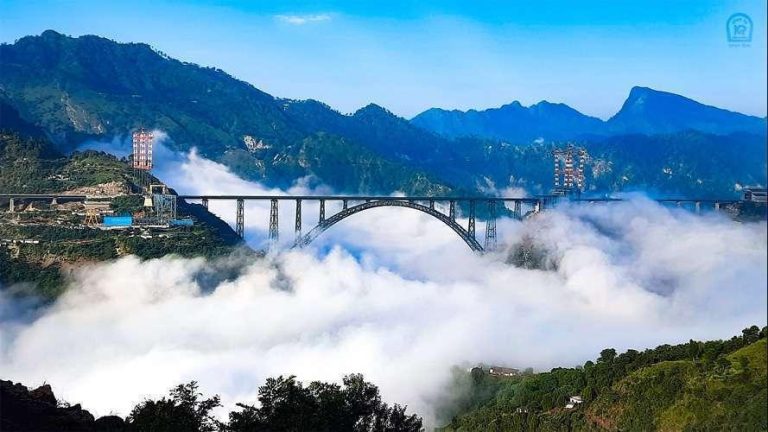
Title: 5,000 disrupt services & pelt stones at Bengal railway station during protest against Waqf Act
West Bengal has been witnessing intense protests against the Waqf Act, with the recent incident at the Dhulianganga railway station being a stark example of the chaos that has unfolded. On Friday, nearly 5,000 people gathered at the station, disrupting train services and pelting stones, causing widespread destruction and affecting the movement of the Kamakhya-Puri Express.
The Eastern Railways reported that the protesters, who were demonstrating against the Waqf Act, converged on the station around 1 pm. As the crowd grew, the situation escalated, with the protesters turning violent and starting to pelt stones at the railway authorities.
A guard stationed at the station described the scene as chaotic, stating that “many things were destroyed” and the signal couldn’t be passed. The disruption caused by the protesters resulted in the Kamakhya-Puri Express being delayed, causing inconvenience to passengers and disrupting the normal functioning of the railway services.
The Waqf Act, which was passed by the West Bengal government in 2013, aims to protect and regulate the management of waqfs, or charitable trusts, in the state. However, the act has been opposed by several religious organizations and community groups, who claim that it is an attempt by the government to exert control over religious institutions.
The protests against the Waqf Act have been ongoing for several weeks, with demonstrators taking to the streets and blocking roads to express their opposition. The recent incident at the Dhulianganga railway station is just the latest example of the growing unrest in the state.
The government has been trying to resolve the issue through negotiations, but so far, no concrete solution has been reached. The opposition parties have been criticizing the government for its handling of the situation, claiming that it is mishandling the protests and causing unnecessary tension.
The Waqf Act has been a contentious issue in West Bengal for several years, with religious organizations and community groups divided over its implications. While some have welcomed the act as a measure to protect and regulate waqfs, others have opposed it, claiming that it is an attempt by the government to exert control over religious institutions.
The controversy surrounding the Waqf Act has been fueled by allegations of corruption and mismanagement in the waqf boards. Several religious leaders and community groups have accused the government of misusing the funds allocated to waqfs, and of failing to protect the rights of the beneficiaries.
The protests against the Waqf Act have also been fueled by concerns over the government’s attempts to centralize control over religious institutions. The opposition parties have accused the government of trying to impose its own agenda on religious institutions, and of failing to respect the autonomy of religious organizations.
The recent incident at the Dhulianganga railway station is a stark reminder of the tensions that are simmering beneath the surface in West Bengal. The protests against the Waqf Act are likely to continue, and it remains to be seen how the government will respond to the growing unrest.
Sources:






